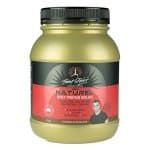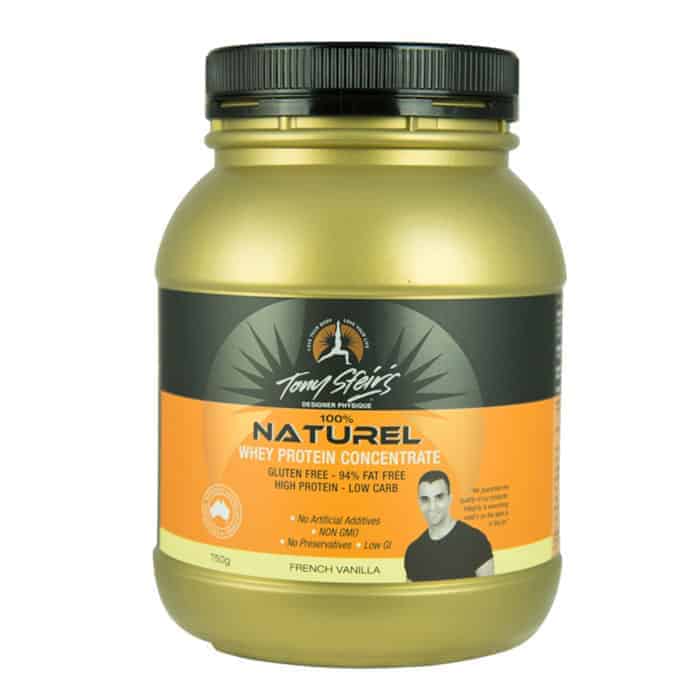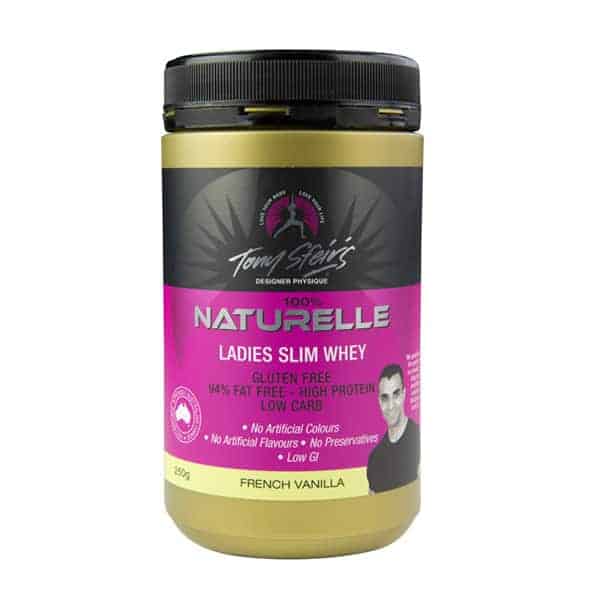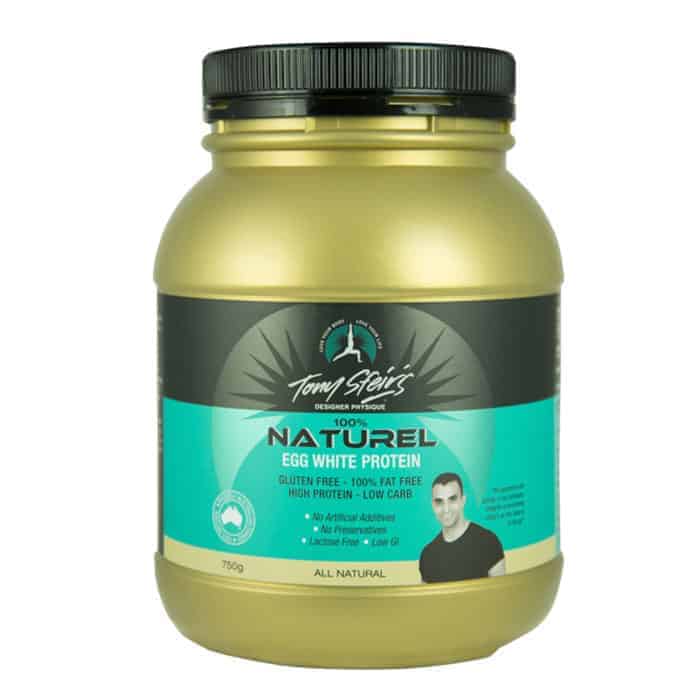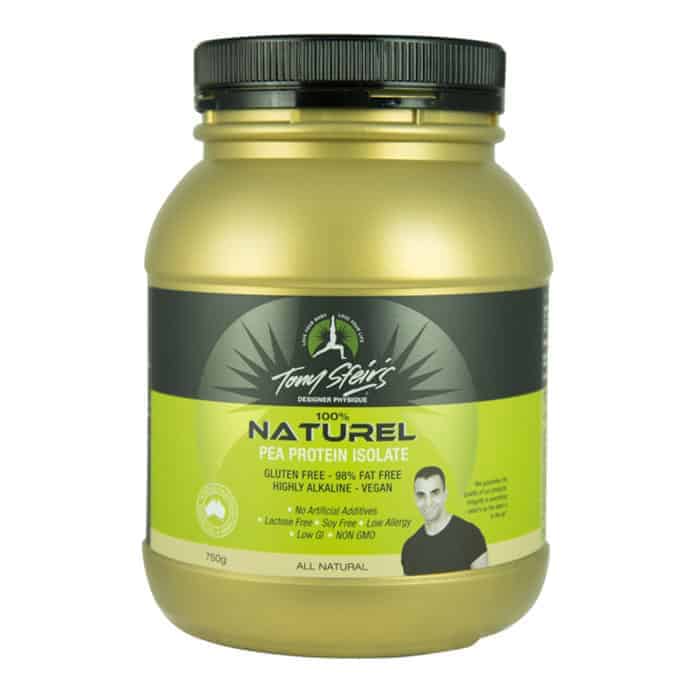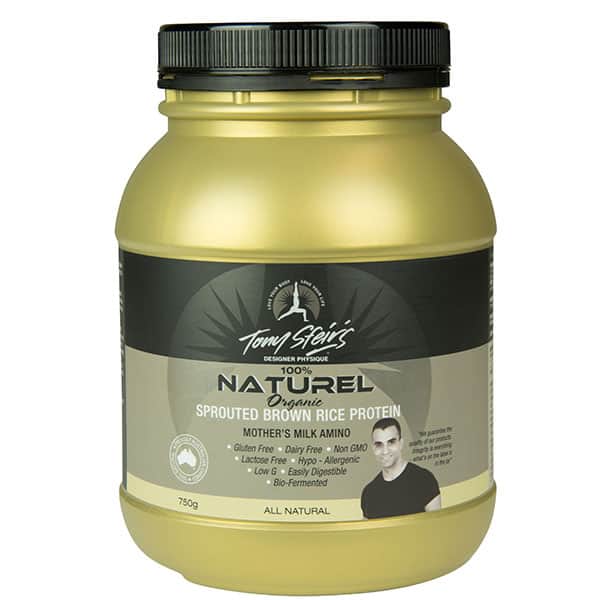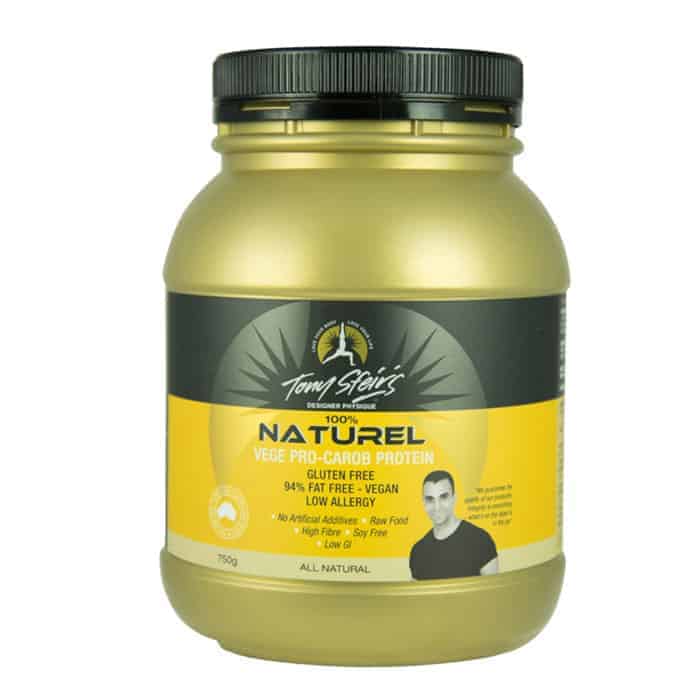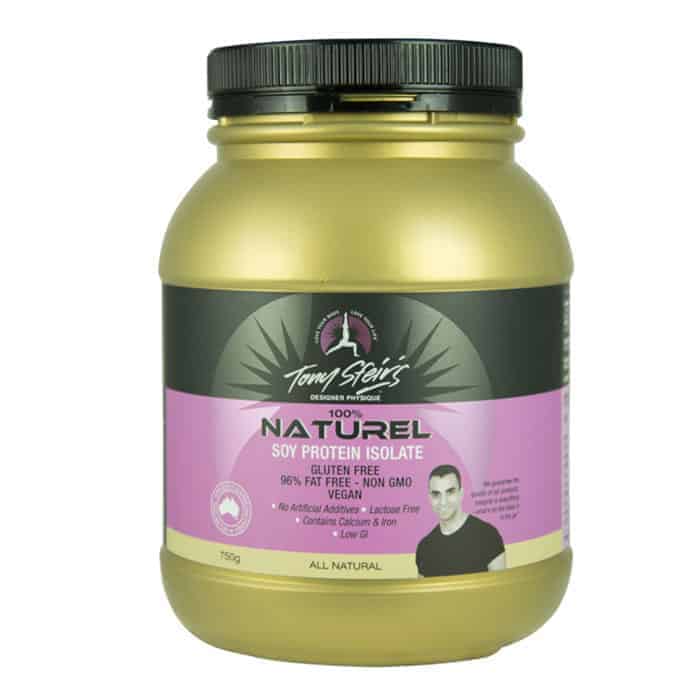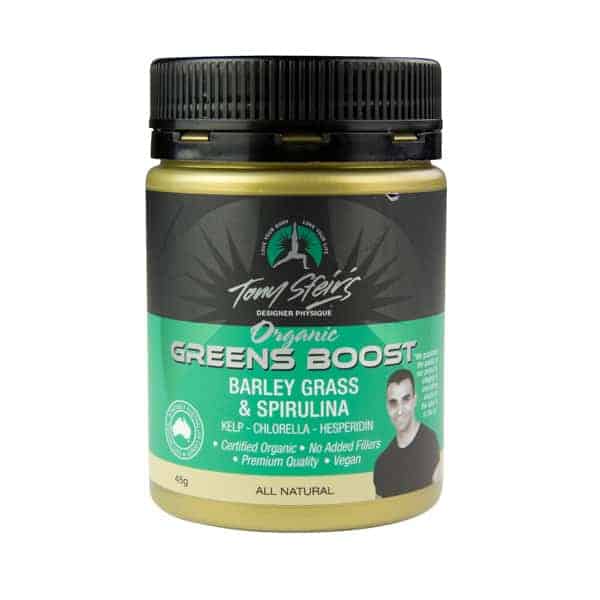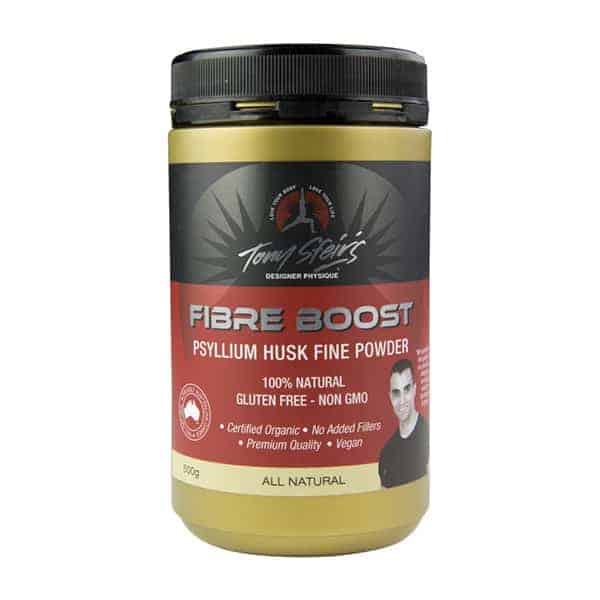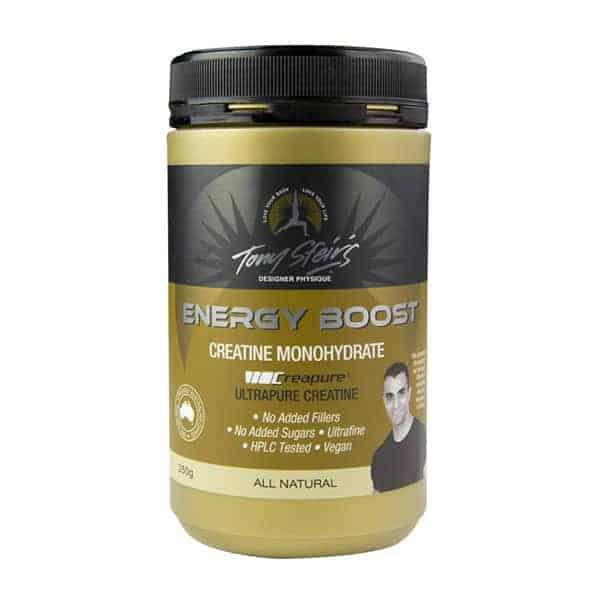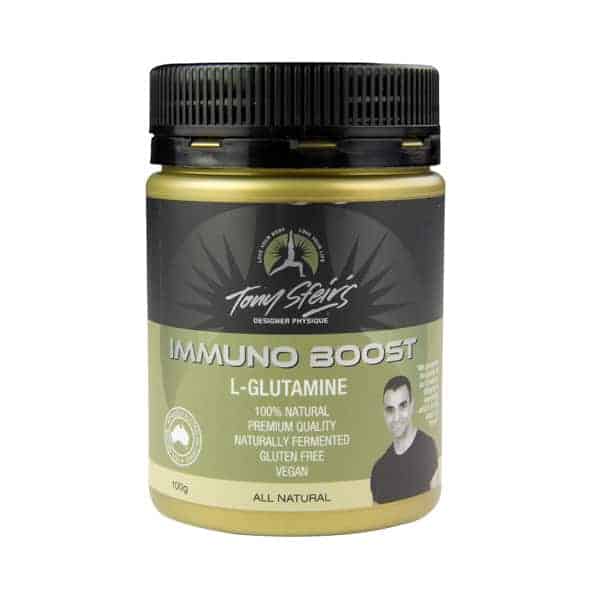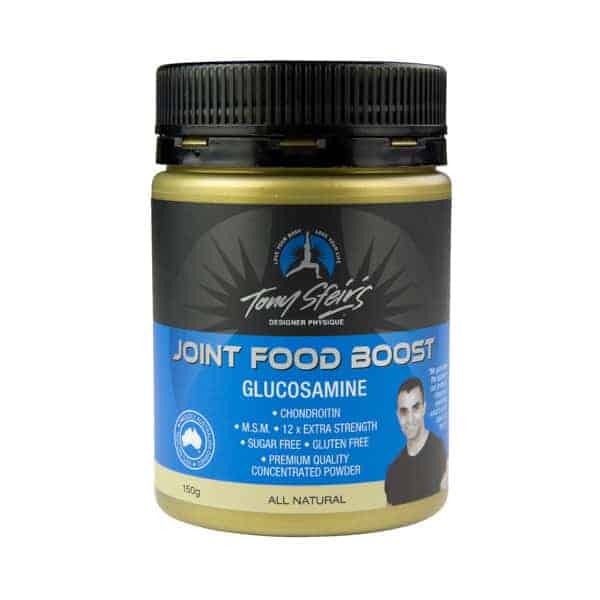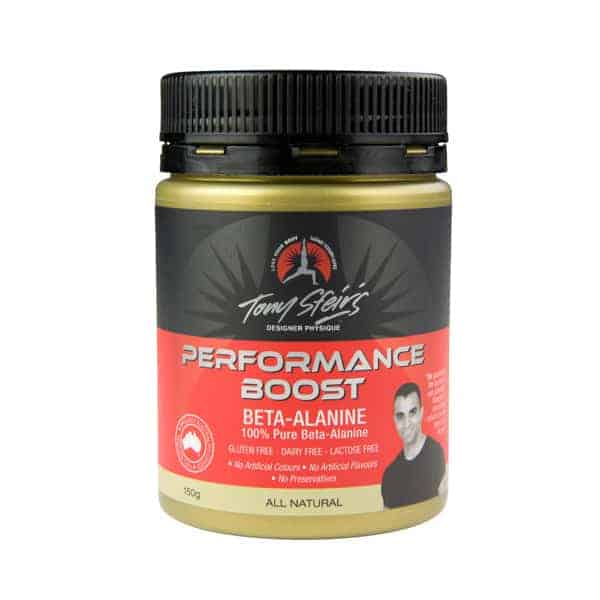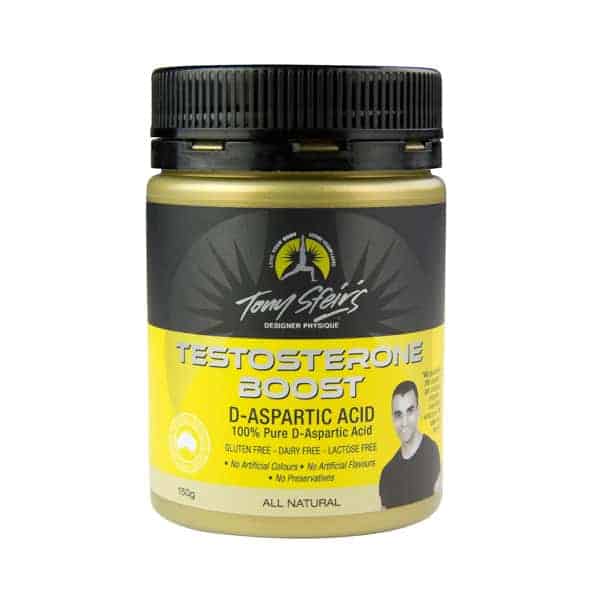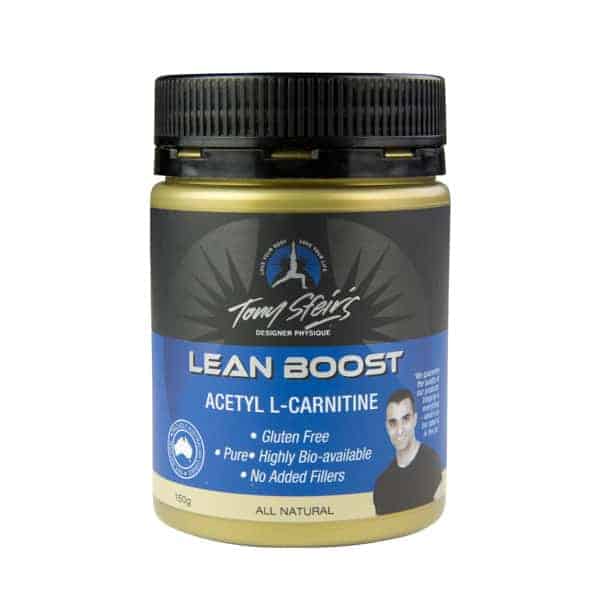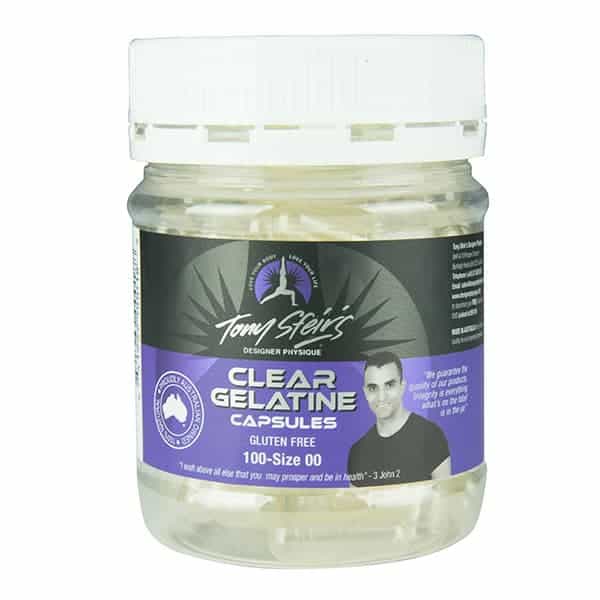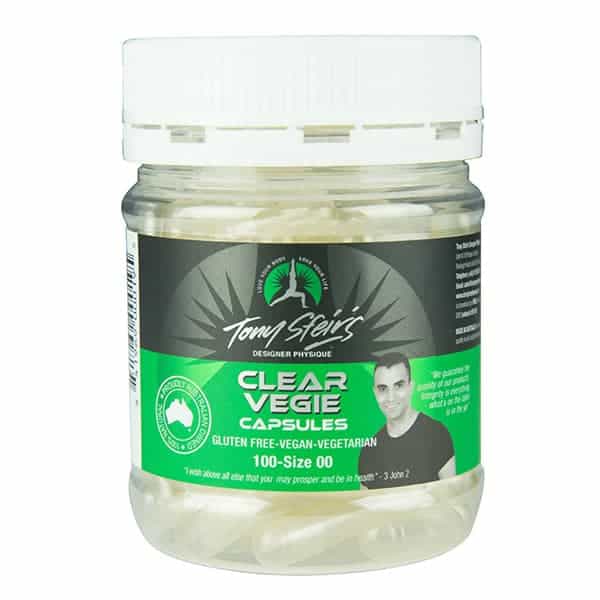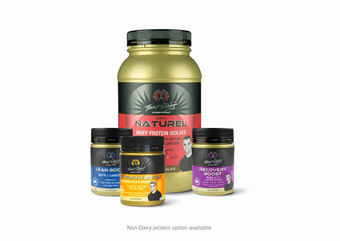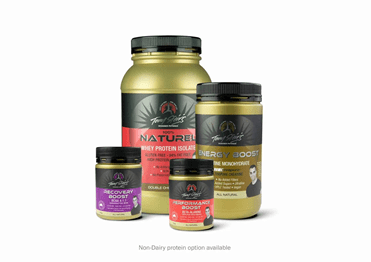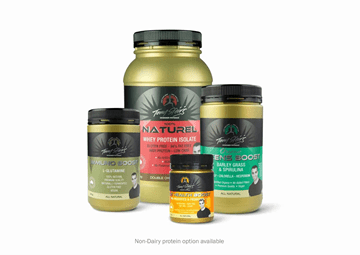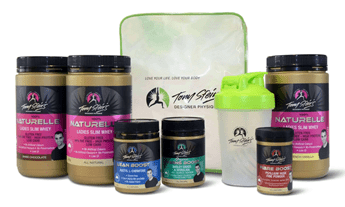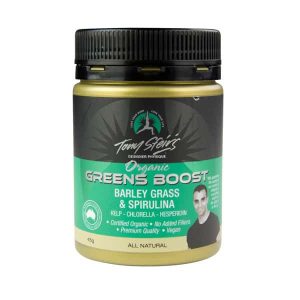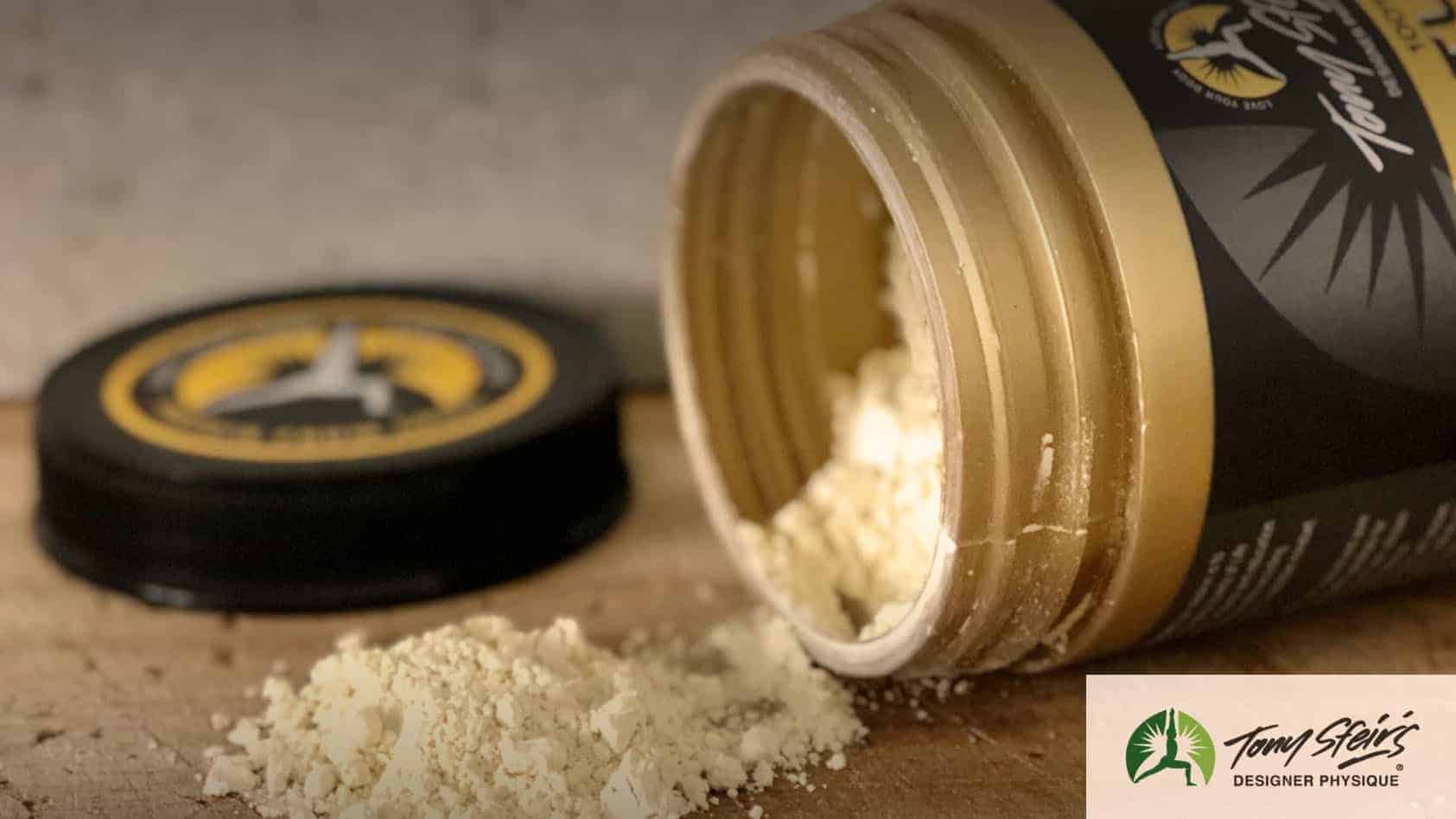Designer Physique Vege Pro Carob Protein Powder is our absolutely unique, unprocessed raw vegan protein powder derived 100% from ground carob pods sourced from the highest quality regions in Spain.
Carob pods are not only packed full of highly digestible protein, but they are nutrient-dense, hypoallergenic, and our customers love it.
In this article, we will highlight some of the testimonials our customers have written about our Carob Protein Powder, and then discuss the science behind it.
Carob Protein Powder in Baking
“I love using the vege pro carob protein in baking in particular. The powder isn’t grainy or gritty in texture and blends easily without compromising flavour! It’s worked so well in banana bread for me!” – Sarah.
Carob serves as the perfect protein powder option for use in baking, particularly because, like sprouted brown rice protein powder, it’s resistant to heat.
Commonly used protein powders, such as whey protein powder, have more potential to change consistency through the baking process from varying heat exposure.
In addition to this, carob protein powder naturally has a smoother consistency than most plant protein powders, which isn’t compromised throughout the baking process (Zhu et al., 2019).
This makes carob protein powder perfect for cooking and baking recipes and is also extremely nutritious.
Read more about the high-protein, nutrient-dense benefits of carob here.
Hypoallergenic and Promotes Bone Health
“My osteopath told me I needed protein in my diet but as I am allergic to all soy, wheat, rice and dairy products and nearly everything else. After much searching my osteopath found Tony Sfeirs 100% natural Carob Protein. I am so excited and relieved as I have been taking Tony’s protein for just over a month and I feel amazing! – Suzanne
Designer Physique Vege Pro Carob Protein Powder is one-of-a-kind, consisting only of 100% raw ground carob pods sourced from the highest quality carob orchards in Spain.
This means we add no sweeteners, no fillers, nothing else; this is one of the few truly raw products on the market.
This makes our product soy-free, wheat-free, dairy-free, gluten-free, and although a member of the legume family, shows no allergenic potential (Fiocchi et al., 1999), giving our carob protein powder a low allergenic profile (Mamone et al., 2019)
But that’s not all, carob also contains seven of the essential amino acids that we need to maintain a healthy bone structure, reduce bone loss and overall support our bone health (Jennings et al., 2015).
Absolutely Zero Sugars (But High in Fibre)
“A great protein powder that blends smoothly and has absolutely no added sugars” – Carie
Okay, so we covered the blending part earlier, but did you know that our carob protein powder has absolutely zero sugars?
If you look on the label, the carbohydrate content found in our carob protein powder is actually the extremely high levels of soluble and insoluble fibre.
In fact, this completely raw product delivers a whopping 26g of fibre per 100g, which is high if you compare it to most plant protein or whey protein powders.
Fibre is an important part of any healthy diet and provides us with a range of health benefits including lowering cholesterol, better appetite control and may lower our risk of developing a chronic disease (Yegin et al., 2020).
This is also why we love our hemp protein powder, which is extremely high in fibre, read more about the amazing benefits of hemp protein here.
The Takeaway
Our carob protein powder is a truly unique, nutrient-dense powerhouse that is absolutely unprocessed and allergy-friendly.
There’s a reason why we sourced our carob pods from the highest quality orchards in Spain, so we can bring you a product that delivers in every serve.
So, if you’re looking for a protein powder that’s extremely hypoallergenic, dense in nutrients, high in fibre and suits all your baking needs, Designer Physique Vege Pro Carob Protein Powder is the way to go.
If you’ve used our Carob Protein Powder before, share your experience by leaving a review!
References
- Fiocchi, Restani, Travaini, Decet, Gaiaschi, Bernardo, & Riva. (1999). Carob is not allergenic in peanut-allergic subjects. Clinical & Experimental Allergy, 29(3), 402-406. https://doi.org/10.1046/j.1365-2222.1999.00495.x
- Jennings, A., MacGregor, A., Spector, T., & Cassidy, A. (2015). Amino acid intakes are associated with bone mineral density and prevalence of low bone mass in women: Evidence from discordant monozygotic twins. Journal of Bone and Mineral Research, 31(2), 326-335. https://doi.org/10.1002/jbmr.2703
- Mamone, G., Sciammaro, L., De Caro, S., Di Stasio, L., Siano, F., Picariello, G., & Puppo, M. C. (2019). Comparative analysis of protein composition and digestibility of Ceratonia siliqua L. and Prosopis spp. seed germ flour. Food Research International, 120, 188-195. https://doi.org/10.1016/j.foodres.2019.02.035
- Yegin, S., Kopec, A., Kitts, D. D., & Zawistowski, J. (2020). Dietary fiber: A functional food ingredient with physiological benefits. Dietary Sugar, Salt and Fat in Human Health, 531-555. https://doi.org/10.1016/b978-0-12-816918-6.00024-x
- Zhu, B., Zayed, M. Z., Zhu, H., Zhao, J., & Li, S. (2019). Functional polysaccharides of carob fruit: A review. Chinese Medicine, 14(1). https://doi.org/10.1186/s13020-019-0261-x

